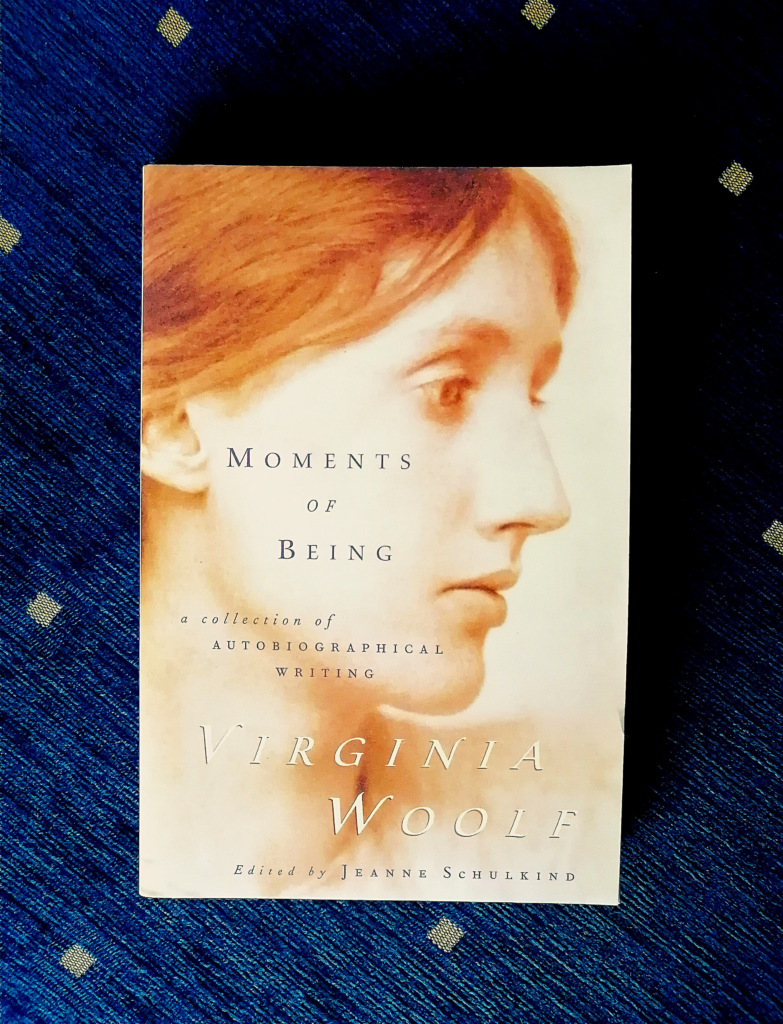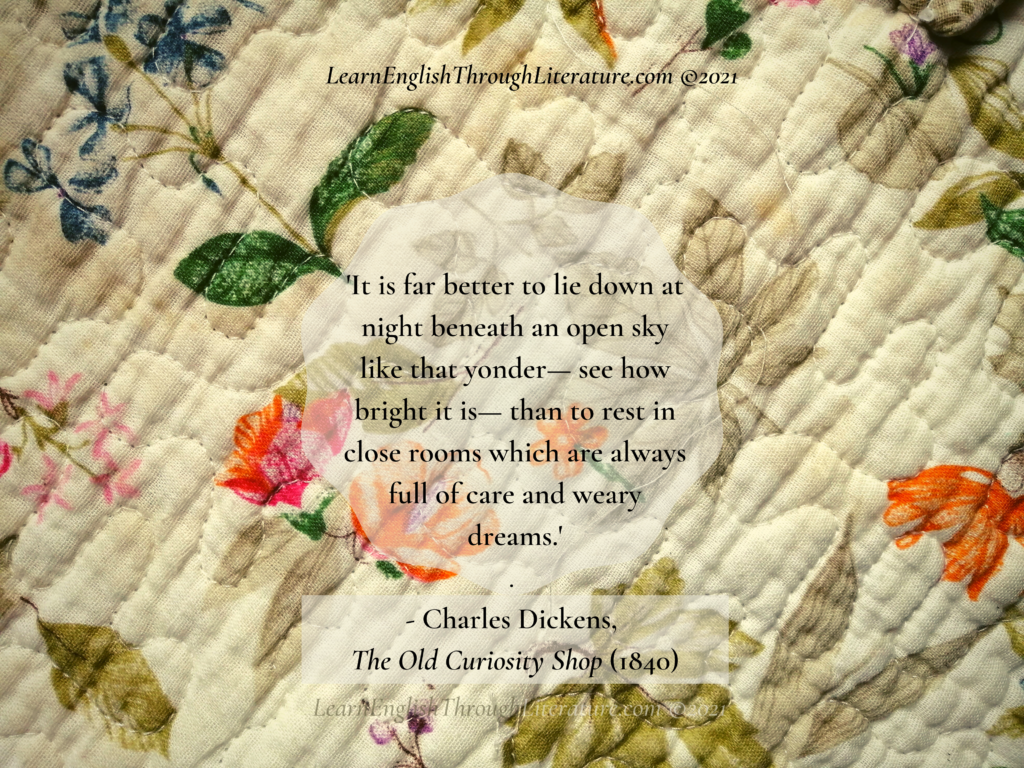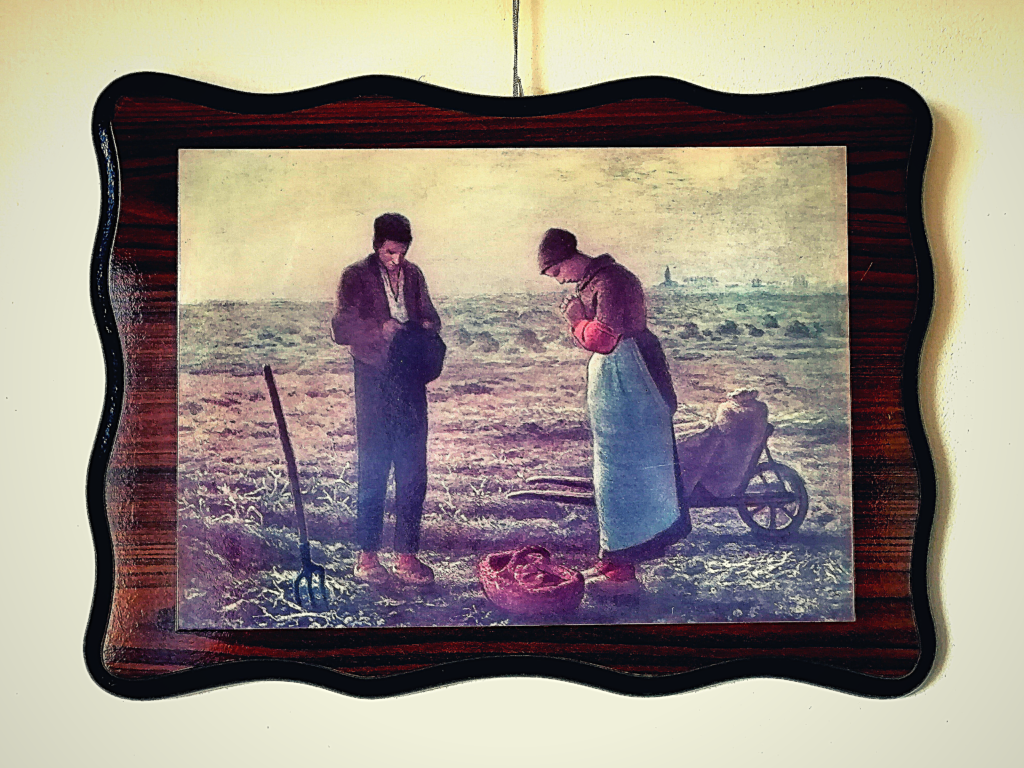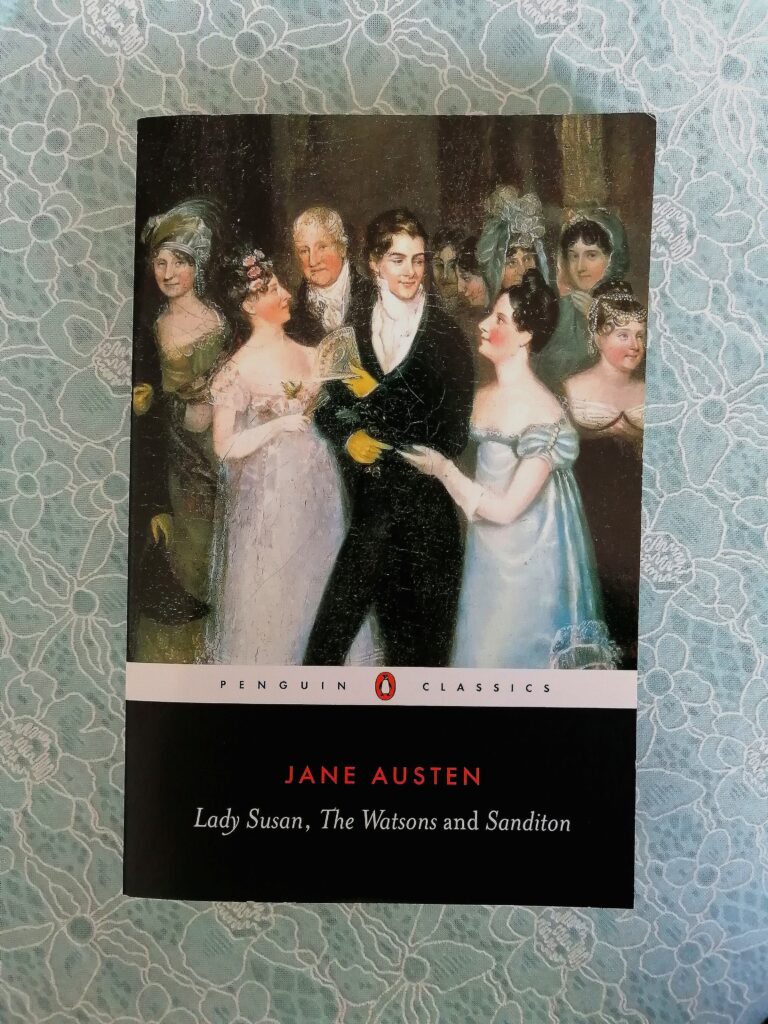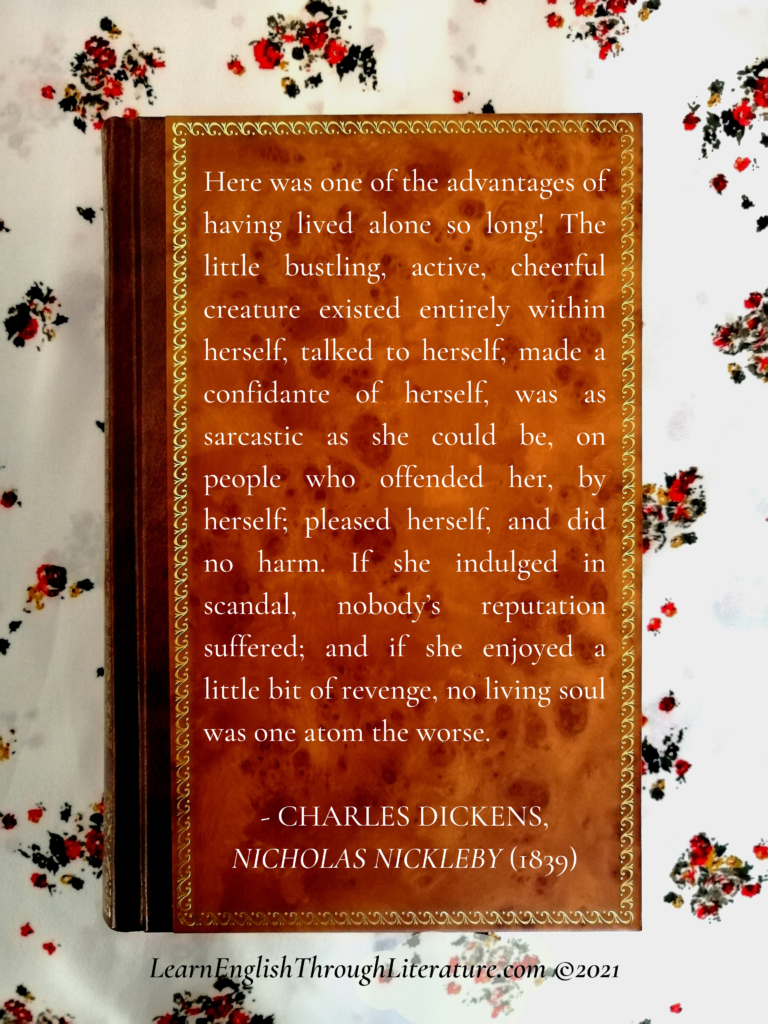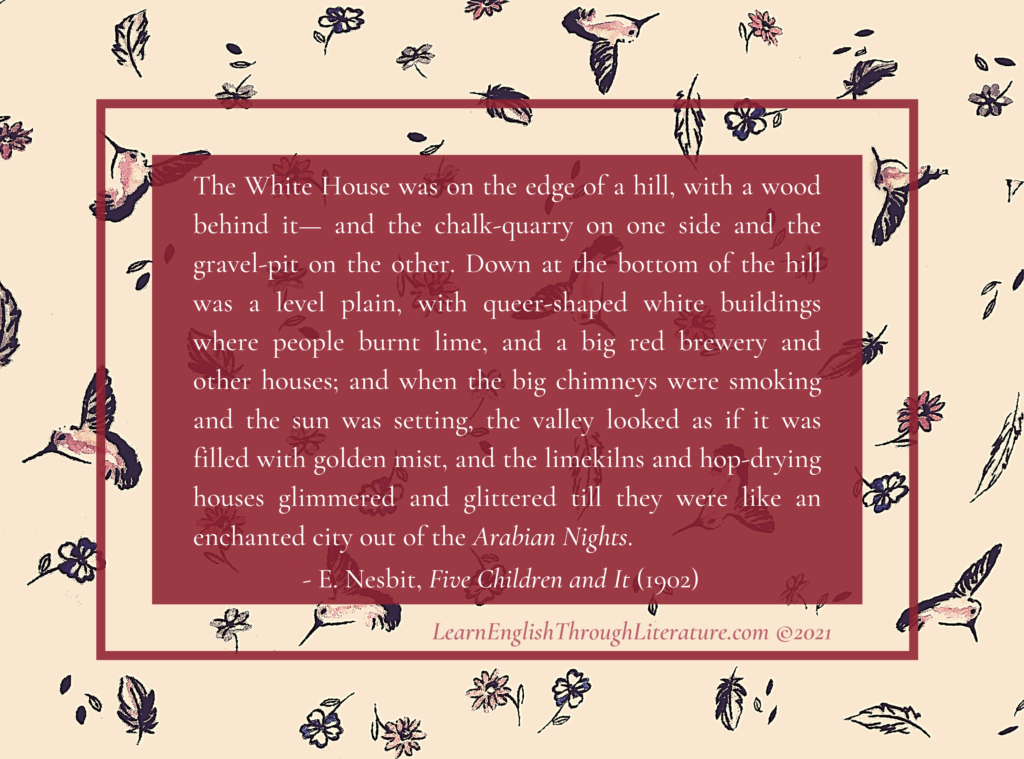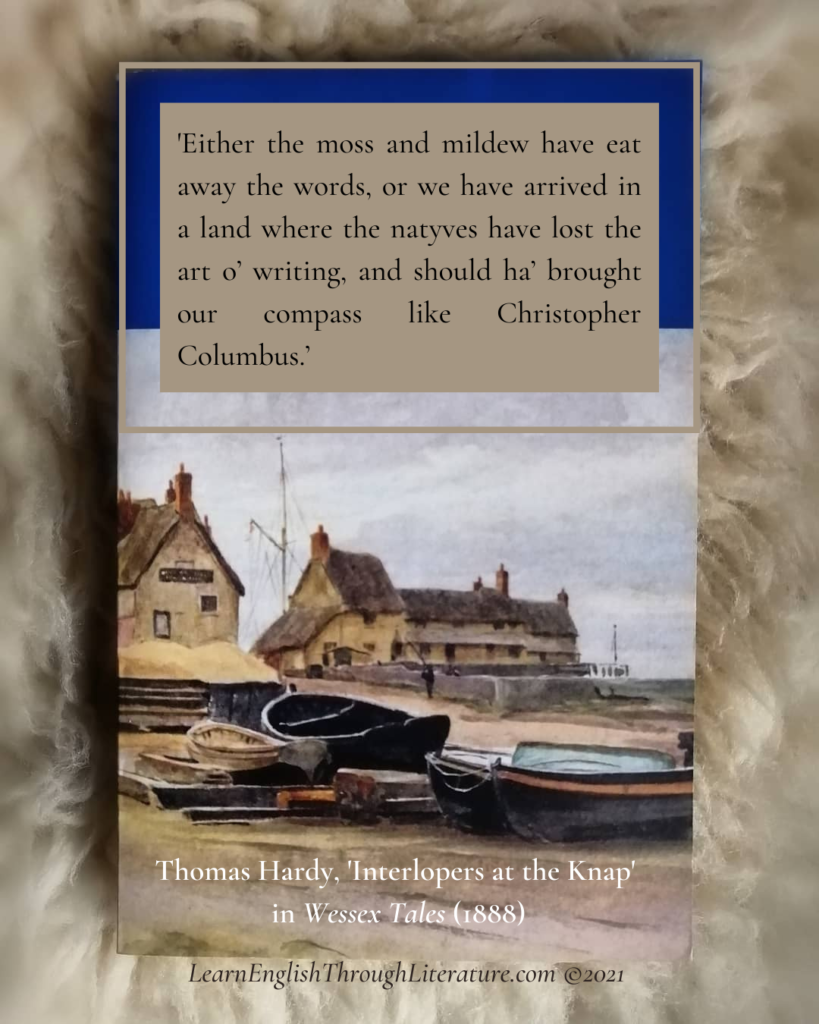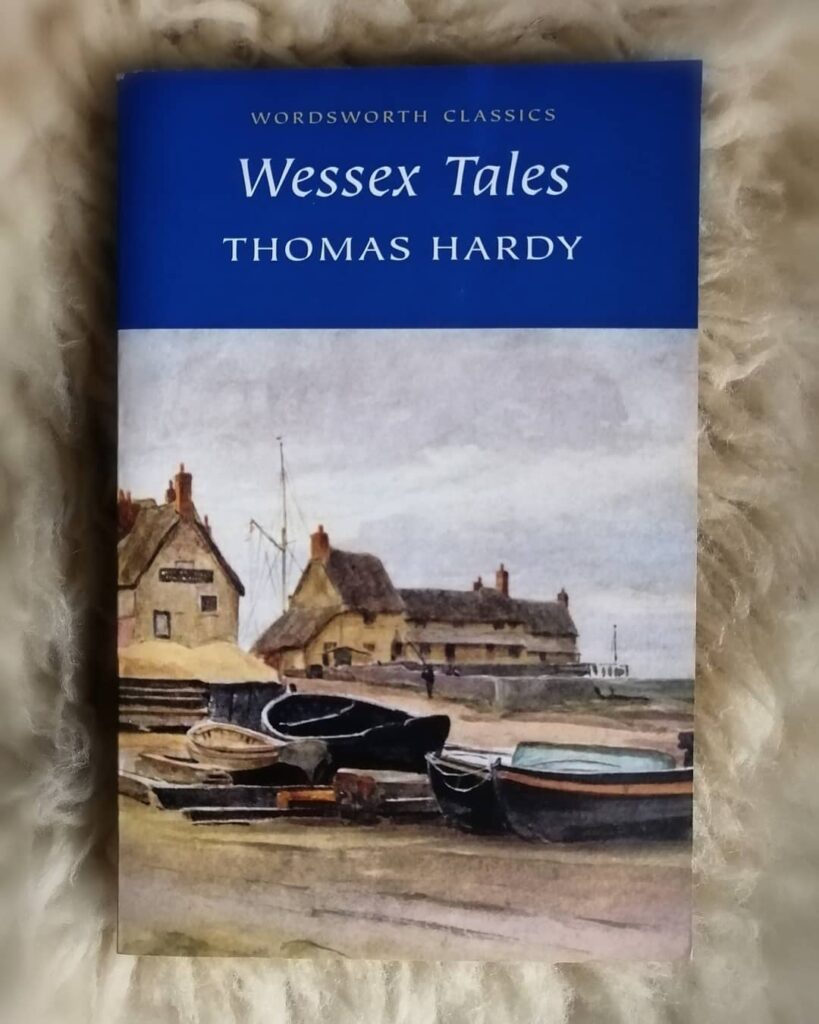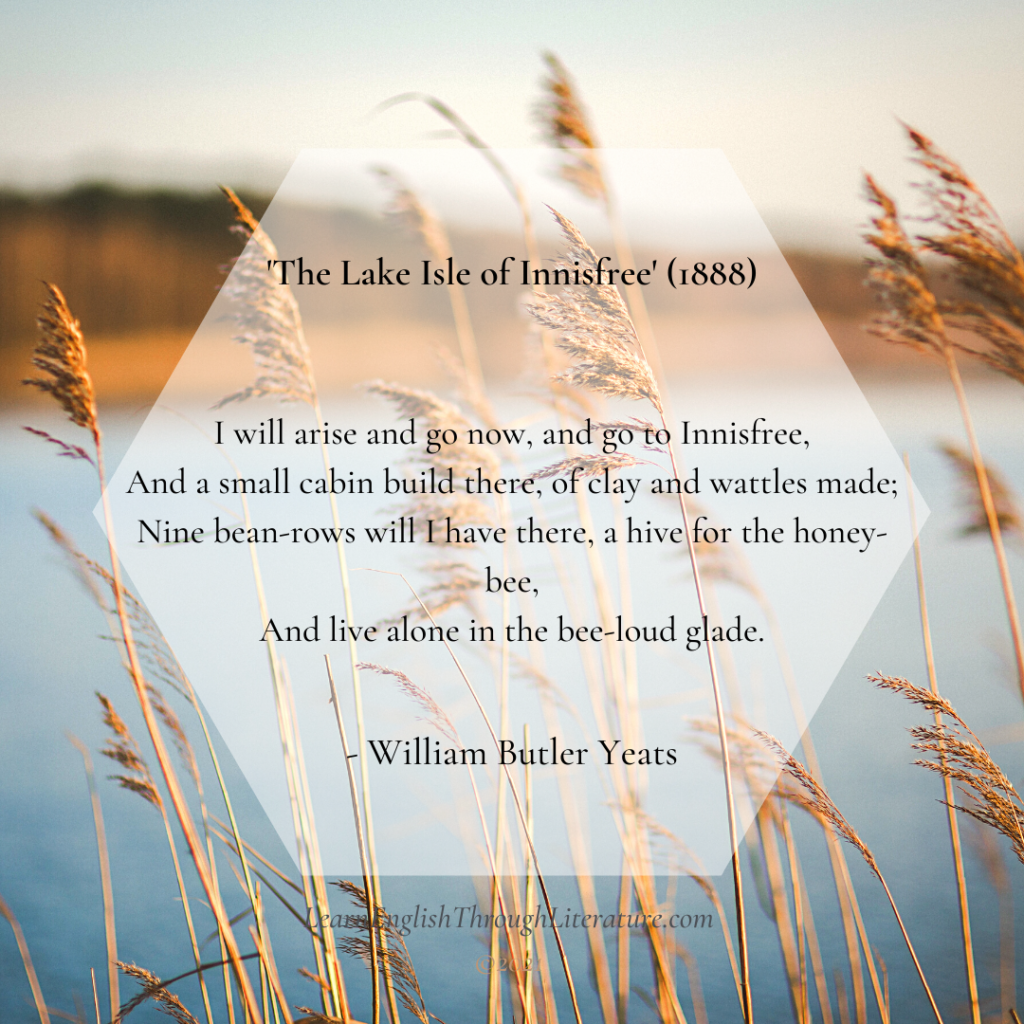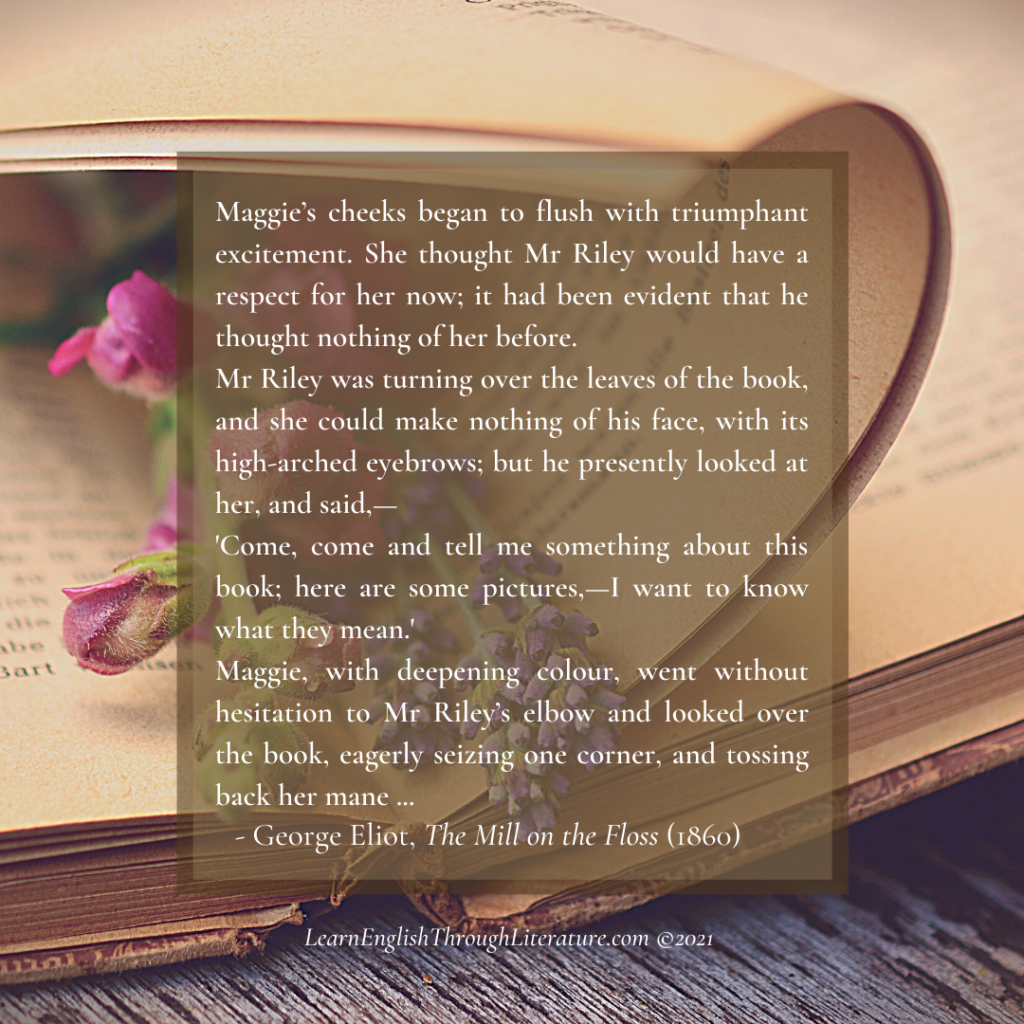Mini-Lesson Monday: Lesson #170 (Part 1): Virginia Woolf’s ‘Moments of Being’ – Modal Verbs to Express Regrets for the Past and Hopes for the Future
📜 Here I come to one of the memoir writer’s difficulties– one of the reasons why, though I read so many, so many are failures. They leave out the person to whom things happened. The reason is that it is so difficult to describe any human being. So they say: “This is what happened”; but […]

